
BUILDING the infrastructure of bias and discrimination which continues to permeate every aspect of our lives was the work of several generations of unionist and British administrations. It stands to reason, therefore, that undoing the damage wrought by countless decisions made by blinkered mandarins and bigoted ministers will also take time.
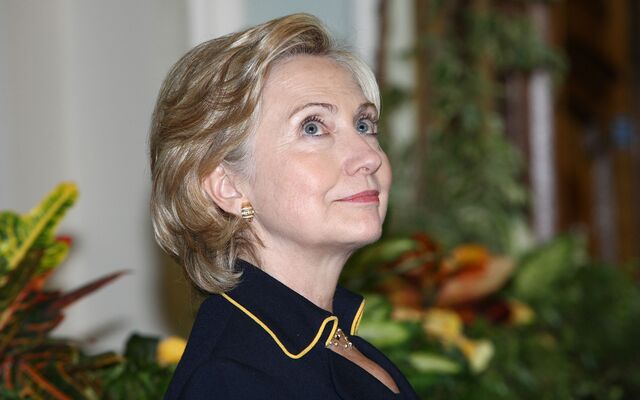
WHEN news filtered through on Tuesday that Queen's University had cut all links with an American politician of international renown, it's fair to say that many folks in these parts thought, “About time they dismissed Hillary Clinton.”
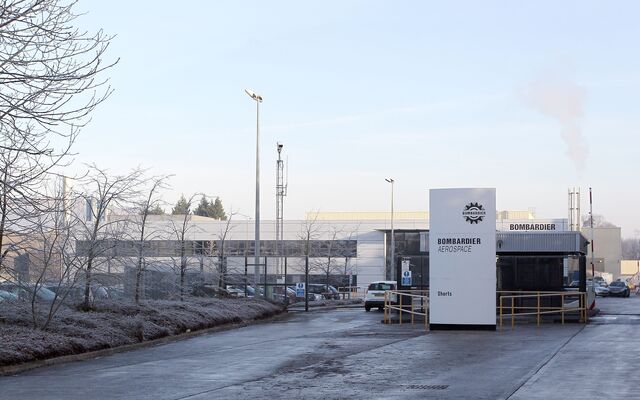
COMPLAINTS this week from some of the biggest hospitality operators in town over soaring rates bills are easy to dismiss as more whining from the usual quarters.
AS FORMER senior PSNI officer Jon Burrows prepares to take over the leadership of the UUP uncontested, he will be fully aware of the huge challenges that face him. Or at least we think he will be, because Mr Burrows is so fond of an arresting soundbite and accompanying picture that it is sometimes hard to tell what lies beneath the bluster and blow.
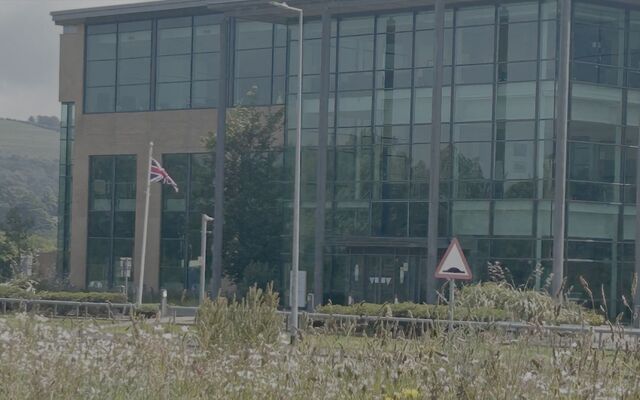
THE vacuous debate involving the Communities Minister over the flag to be used to represent these benighted six counties in the Commonwealth Games speaks to a wider problem: the nationalist community of the North is simply still not seen by our former masters.
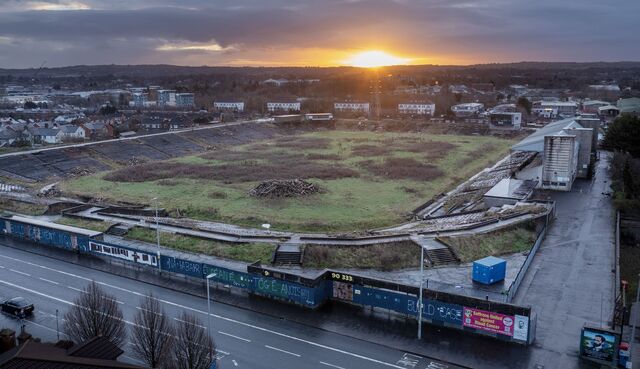
ENOUGH’S enough. And not only is enough enough, enough’s enough of us having to say enough’s enough every couple of months.

The Squamish Nation of western Canada have a phrase for their approach to community development — their aim is "to manage wealth not manage poverty".

THE failure of the Irish and UK media to acknowledge the continuing hunger strike by remand prisoners in England is an eye-opening example of the propaganda that passes for journalism when it comes to the issue of Gaza and Israel.

THERE is something awry with the world when it's impossible to find anywhere on the BBC mention of the fact that UK citizens are on a hunger strike in British prisons in solidarity with the beleaguered people of Palestine.
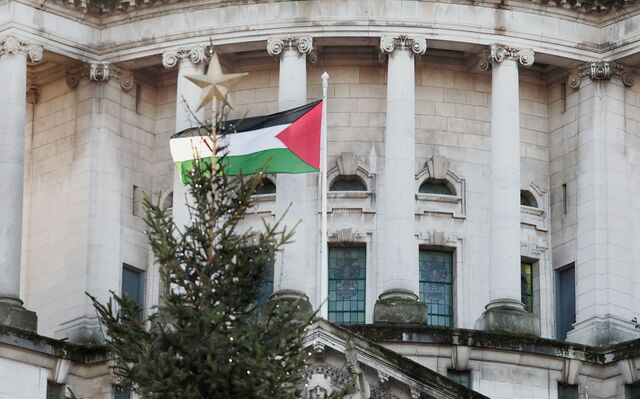
THE loyalist response to the decision by Belfast City Council to fly the Palestine flag over Belfast City Hall was entirely predictable.
FASTEN your seatbelts, we’re in for a bumpy 18 months.
THE refusal of the DUP to send a representative to the inauguration of President Catherine Connolly came as no surprise to observers of the party. And make no mistake – a refusal it was, risible claims of diary clashes notwithstanding.
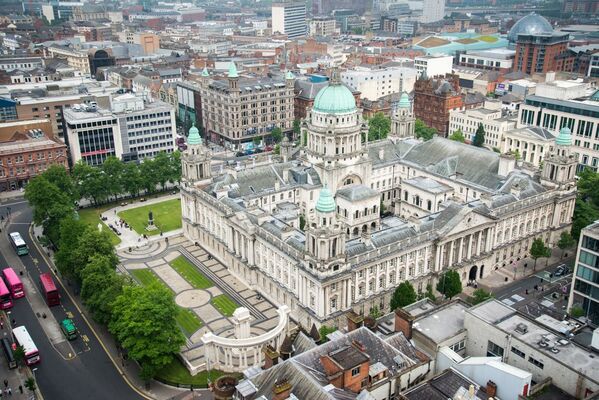
"The arc of the moral universe is long," reflected black civil rights leader Martin Luther King, "but it Bends towards justice."
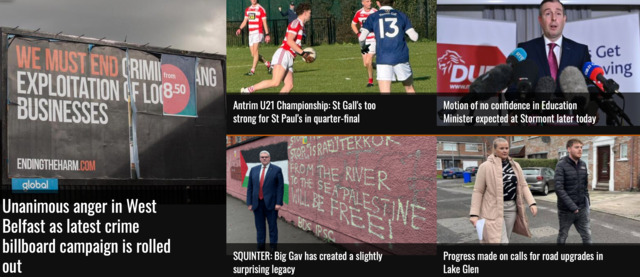
IN a world where opinions are free but facts are sacred, there is real value to reliable news.
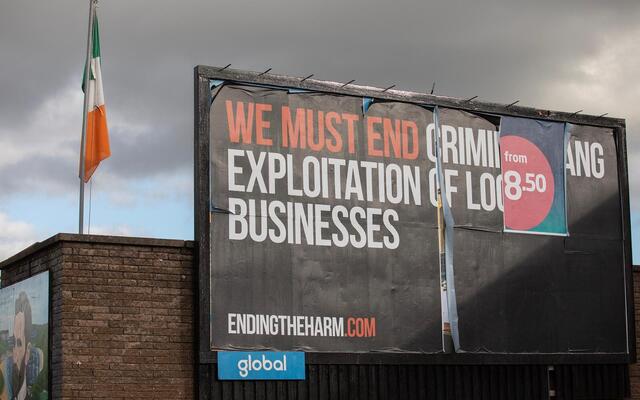
HOW appropriate that the Justice Department at Stormont should choose Halloween as the backdrop for their latest billboard campaign warning of the alleged threat from criminal gangs marauding through West Belfast.